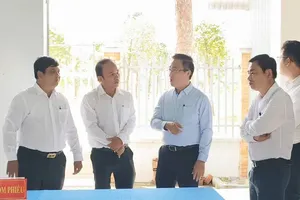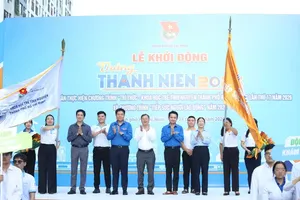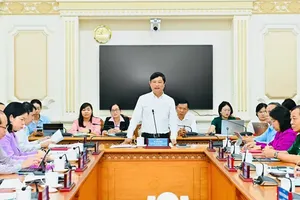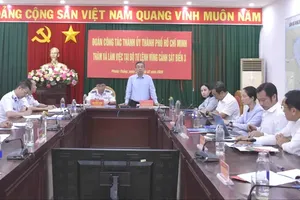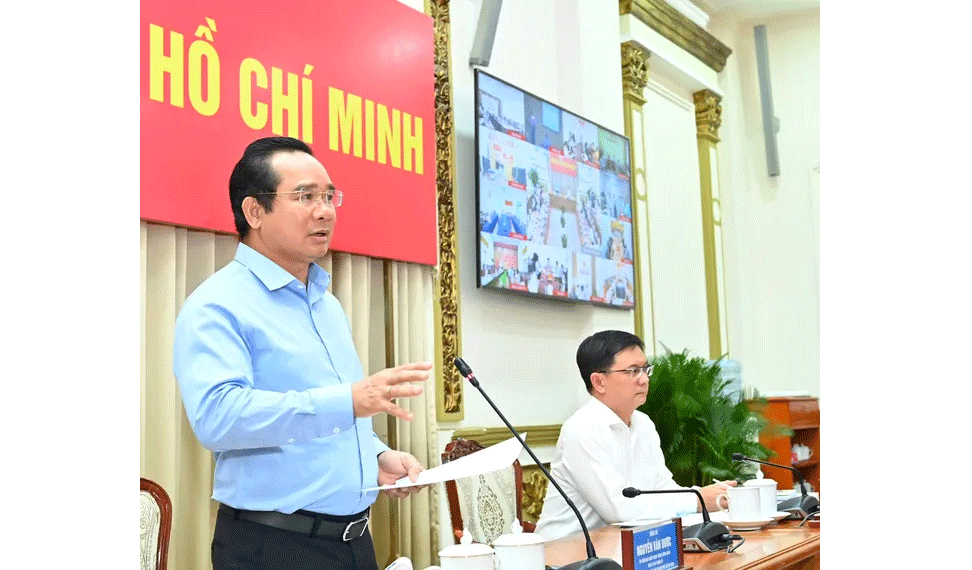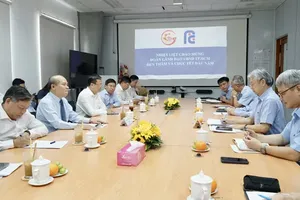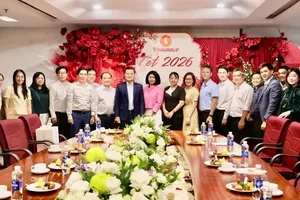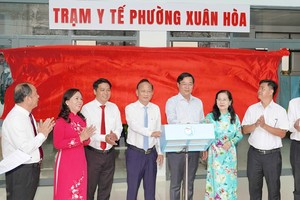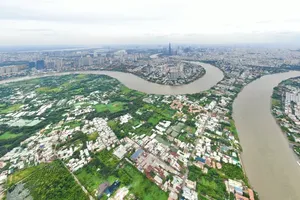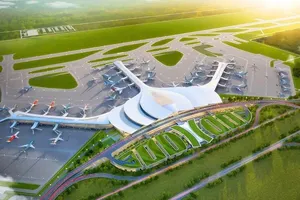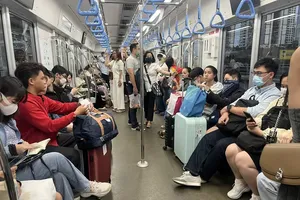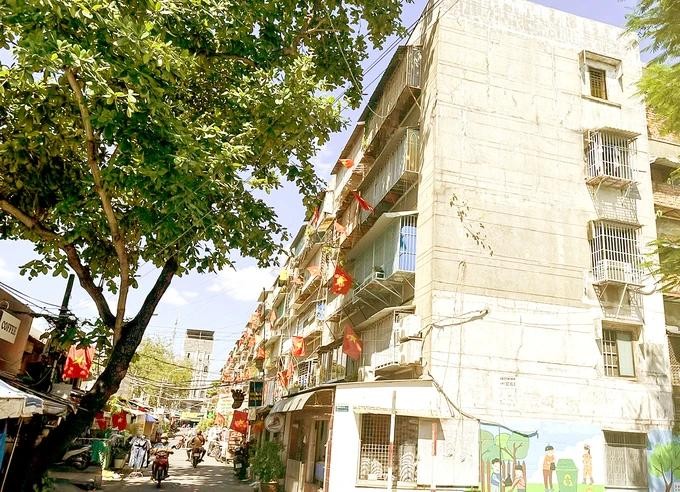
The southern largest city is facing significant challenges in its efforts to renovate and rebuild 474 apartment buildings constructed before 1975. Among these, 16 are classified as level D indicating severe damage and the necessity for demolition to ensure resident safety. While there is a shared desire among residents for safer living conditions and the government for modern housing, the implementation process is proving to be difficult.
Vinh Hoi apartment complex—comprising Lots A, B, C in Ward 9 of District 4—was constructed prior to 1975 and consists of four-story buildings housing 244 units. These buildings were classified as level D which is above mentioned in 2017. Although the district formulated a relocation plan in late 2019, the resettlement of residents remains incomplete. Since early 2025, the complex has experienced dozens of structural incidents, including crumbling walls and falling concrete, causing significant concern among residents.
Pham Thi Kim Huong, a resident in Ward 6, pointed out the reason why residents still stay in the old apartment is because they have no many options for temporary residence.
Over the past three years, Lots IV and VI in the Thanh Da apartment building in Binh Thanh District have been fully demolished to make way for a new construction project. Once completed, this project is intended to serve as a resettlement site for residents of other deteriorating apartment blocks in the area. However, the developer—Thanh Da Housing Development Joint Stock Company—has yet to initiate construction, and the project is now behind schedule. Phase 1 of the investment was approved by the Ho Chi Minh City People’s Committee in 2020.
The Department of Construction has submitted a formal request to the Ho Chi Minh City People's Committee, seeking authorization to receive and appraise the revised project schedule for Phase 1. This evaluation would serve as the basis for advising the Committee in accordance with the provisions of Decree No. 98/2024/ND-CP. Concurrently, the Department has proposed that the People's Committee of Binh Thanh District guide the investor in re-inspecting the remaining apartment blocks and developing updated compensation and resettlement plans for approval.
Regarding the renovation of Vinh Hoi apartment complex, during a recent press conference on Ho Chi Minh City's socio-economic affairs, Head Nguyen Thanh Binh of the Compensation and Site Clearance Board in District 4 reported that 96 households have agreed to relocate.
However, 136 households have yet to consent, citing concerns about the temporary housing being located far from the city center, which impacts their employment and their children's education. Additionally, disputes related to ownership transfers and inheritance have further delayed the relocation process.
A representative from the Ho Chi Minh City Department of Construction discussed the challenges associated with renovating old apartment buildings. They noted that the city's approach to these renovation and rebuilding projects primarily relies on securing funding from private enterprises.
The government has introduced a framework aimed at enticing investors by enhancing planning and architectural standards while also waiving land use fees. However, since these older apartment buildings are situated in the city center, any enhancements to planning and architectural standards must take into account the need to maintain technical and social infrastructure, as well as the current population density in the area.
At the same time, the submission and approval of adjustments to the 1/2000 and 1/500 planning has encountered obstacles and prolonged difficulties, so the feasibility of the project has not been ensured, making it difficult to attract investors. Meanwhile, investors of new construction projects to replace old apartment buildings have been encoutering many difficulties related to compensation and relocation support during the implementation process.
According to the Ho Chi Minh City Department of Construction, the 2023 Housing Law and Decree No. 98/2024/ND-CP provide clear and detailed regulations on investment procedures and incentive policies for the renovation and reconstruction of apartment buildings. These legal frameworks offer various incentives to attract investors—for instance, developers are permitted to engage in commercial activities, including the sale of apartments and leasing of commercial and service spaces, once compensation and resettlement efforts are completed.
The State also provides financial support for relocation expenses, compulsory relocation, and construction costs. Notably, Ho Chi Minh City is in the process of drafting a resolution to introduce additional incentive and support mechanisms specifically aimed at encouraging investor participation in these urban renewal projects, which is expected to generate significant momentum for the program.
